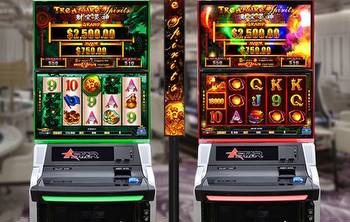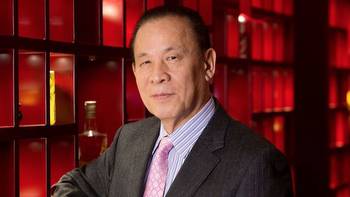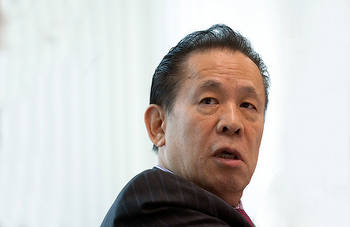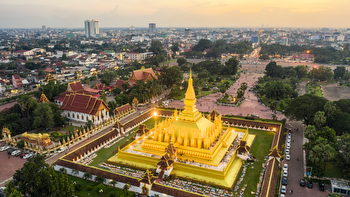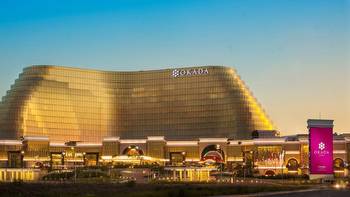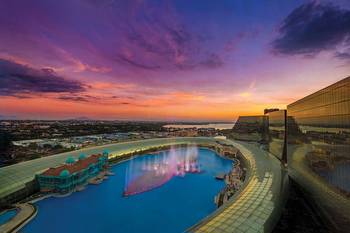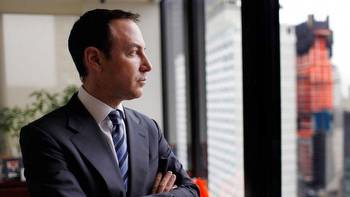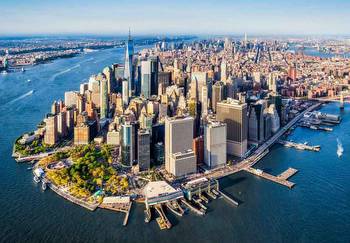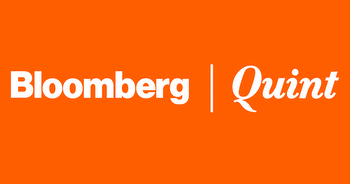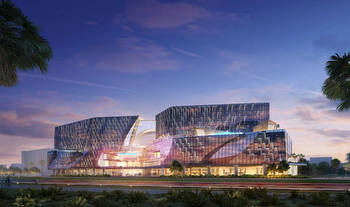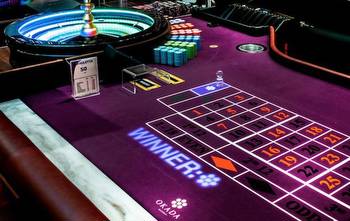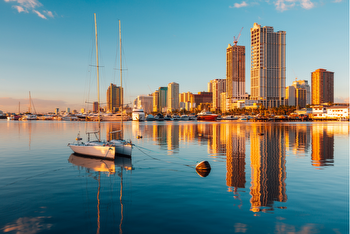Okada Manila Sees Strong Earnings Momentum As Casino Operator Prepares For U.S. Listing
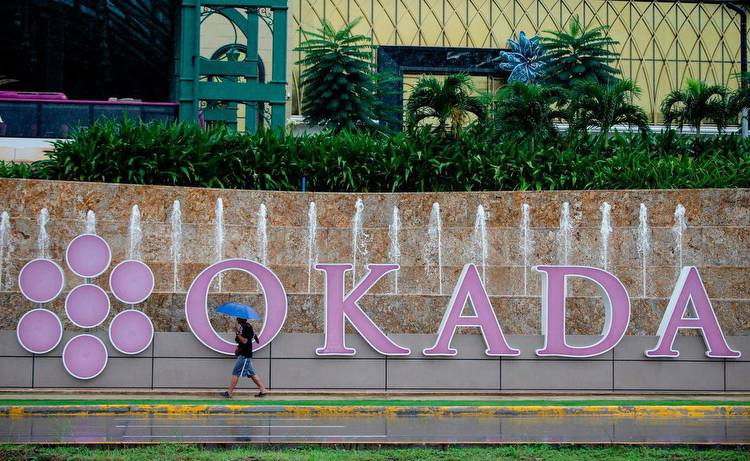
Okada Manila—which is preparing to list on Nasdaq through a SPAC as soon as this month—expects a strong earnings recovery as the Philippines reopens its borders to international visitors.
The casino resort said in January that total revenue increased 24% to $399.6 million in 2021 from the previous year, bolstered by strong gaming revenues particularly in the fourth quarter as well as contributions from its retail, entertainment and dining outlets. Okada Manila’s Tokyo-listed parent Universal Entertainment said last month the Philippine property narrowed its operating loss to 1.87 billion yen ($16.3 million) last year from a loss 9 billion yen in 2020.
While uncertainties prevail with the lingering impact of the Covid-19 pandemic, Okada Manila is optimistic business will pick up, driven by pent-up travel demand. “We are excited and optimistic about the recent reopening of the Philippines to international tourists,” Byron Yip, president of Okada Manila, told Forbes Asia by email on Friday. “We look forward to welcoming new and existing international customers to our property. We are well prepared to meet the influx of tourists as we expect to fully complete construction by the end of the first quarter of 2022, bringing our total hotel room inventory close to 1,000 rooms.”
With a development budget of $3.3 billion, Okada Manila has been opening progressively and currently operates nearly 35,000 square meters of gaming space with 599 gaming tables and 4,263 electronic gaming machines. When fully completed, the casino resort will have 974 gaming tables and 6,890 electronic gaming machines. It will also feature two towers with 993 hotel rooms, a retail boulevard with more than 50 shops, Cove Manila night club and indoor beach club, more than 25 dining options, and one of the world's largest multi-colored dancing and musical fountains.
“Coming out of the pandemic, there’s tremendous pend-up demand, not just in the Philippines, but also in Macau and throughout the region,” Jason Ader, chairman and CEO of 26 Capital, said in a recent video interview with Forbes Asia. “We saw evidence of that last year in Las Vegas, which had its absolute best year ever, with no business travel and convention travel.”
Gambling revenue in Nevada’s casinos surged to an all-time high of $13.4 billion in 2021 following the lifting of Covid-19 restrictions in the U.S. Ader expects casinos in Asia to similarly have a “spectacular future ahead” as vaccines are rolled out and international borders reopen. “We will see results that will exceed 2019 levels, perhaps not in 2022, perhaps not even in 2023, but we look out to 2024 and beyond,” Ader said, adding Okada Manila’s Ebitda is projected to exceed $500 million by 2025.
Ader’s 26 Capital Acquisition Corp., a special purpose acquisition company (SPAC), announced plans to merge with Okada Manila in October in a deal that values one of the biggest casino resorts in the Philippines at $2.6 billion. The casino operator will also receive $275 million in cash from 26 Capital to fund growth opportunities as part of the transaction.
The combined entity will be owned 87.9% by UE Resorts International, a unit of the Tokyo-listed maker of pachinko machines and casino equipment Universal Entertainment Corp., which Japanese billionaire Kazuo Okada founded in 1969. Ader—who along with the SPAC’s public shareholders will own the rest of the company— worked as an analyst at Bear Stearns and other companies before cofounding the New York-based investment company Spring Owl Asset Management in 2013.
Beyond the Philippines, Ader said UE Resorts, which will become the traded entity in Nasdaq once the merger is completed, is keen to expand its gaming operations in places like Japan, the Middle East and the U.S.
“We are very excited to partner with 26 Capital and work with Jason on future growth opportunities to take our company to new heights,” Yip said. “We intend to continue looking at attractive opportunities to transform our company from a single asset owner to a company with multiple assets.”








